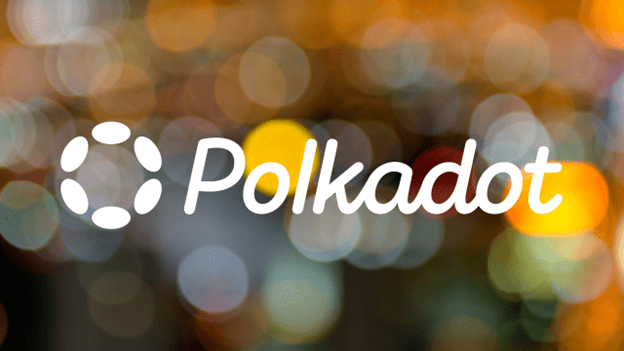Few will deny that 2022 has been a bloodbath for the crypto industry, and it has only gotten worse with the events of November. It was this month that FTX – widely regarded as one of the biggest and most trustworthy crypto exchanges in the world – suddenly shut up shop when faced with a sudden liquidity crisis.
FTX’s meltdown was a major scandal and it highlights the urgent need for decentralized finance.
The collapse of FTX followed similar breakdowns at Celsius, BlockFi and Voyager Digital, all of which blocked user withdrawals and went out of business shortly afterwards. In each case, these projects were highly centralized, with a business model that’s as old as the banking sector itself. Their day-to-day operations were overseen by a small team of leaders, who made all of the decisions, with no transparency. And while they all provided exposure to crypto assets, they retained full control of them because they held all of the private keys to all user’s wallets.
Amid all of this turmoil, it has been business as usual at DeFi platforms such as Uniswap, Curve and Balancer. They have continued to function without problems – customers can enter a position, exit a position, and withdraw all of their assets at any time if they choose. Not a single DeFi user has lost their assets due to liquidity problems with the underlying platform.
There’s a good reason why this is so. DeFi platforms are designed to preserve the original benefits of cryptocurrency, which include decentralization, permissionless transfers, operational transparency, resistance to censorship and self-sovereign custody of assets. Most important of all, perhaps, DeFi platforms are not led by a small team of leaders that make all the decisions themselves. Rather, they all follow the decentralized autonomous organization structure, wherein the platform’s users govern things for themselves. All decisions are made transparently, based on a community consensus.
The concept of DAOs is becoming increasingly popular in the DeFi sector, and individual DAOs are becoming more influential. Take Polkadot’s DAO, which boasts over 1.1 million individual governance token holders according to the latest data from DeepDao. Polkadot’s DAO manages a hefty treasury that currently has more than $149 million worth of DOT assets on its books.
Top 10 DAOs by Number of Governance Token Holders
Let’s take a look at top 10 Decentralized Autonomous Organizations (#DAO) by the current number of their governance token holders, according to @DeepDAO_io, in order to evaluate their adoption scale. pic.twitter.com/hW805bCaDZ
— TOP 7 ICO | #StandWithUkraine🇺🇦 (@top7ico) November 14, 2022
At a centralized platform like FTX, the management would be free to use this treasury as it pleases, and that’s likely the reason it lost most of its user’s assets. There was no transparency, meaning executives were free to take risky and reckless decisions on capital investments. That simply isn’t possible with Polkadot, where the DAO dictates how each and every DOT token is spent via community vote.
That Polkadot is the top-ranked DAO in terms of token holders is no surprise, as its founder Gavin Wood has regularly been one of the biggest advocates of decentralization. Polkadot has been led by a DAO since its inception, and has been a leader in terms of DAO innovation with regular updates to its governance model that aim to perfect the process and make it more inclusive. Polkadot’s most recent governance update, Gov2, has made it possible for anyone who owns DOT tokens to make as many proposals as they wish, and even create concurrent proposals, as easily as they would conduct a blockchain transaction. To pass, a proposal must collect at least 50% of the total vote within four weeks.
With its new model, Polkadot has become one of the most democratic crypto communities in the industry and it’s no surprise that the DAO model has proven popular across its entire ecosystem, with projects like Kusama, Moonbeam, Moonriver and Acala also ranked in the top 10 DAOs in terms of token holders.
The collapse of FTX has led to renewed calls for greater regulation in the crypto space, but it’s important to understand that not all crypto services are the same. In a DeFi space where the community already regulates itself, outside regulation is likely to become more of a hindrance than a help.
FTX’s downfall was due a direct result of the inadequacies of the centralized governance model, which lacks the transparency afforded by DAOs. With a DAO-based governance structure, FTX’s users would never have allowed it to collapse the way it did.
CZ on SBF:“No one can protect [from] a bad player, to be very frank, if a guy is very good at lying, and very good at just pretending to be what he’s not.” Not been paying attention? Protection comes thru decentralisation. That’s the point of web3 and trustless tech. @cz_binance
— Gavin Wood (@gavofyork) November 15, 2022
The fiasco around FTX simply reinforces the belief that decentralization and DAOs are the future of crypto. As more people embrace the world of digital assets, DeFi will become the safer haven because it affords users a level of transparency and safety that centralized finance will never be able to match.
